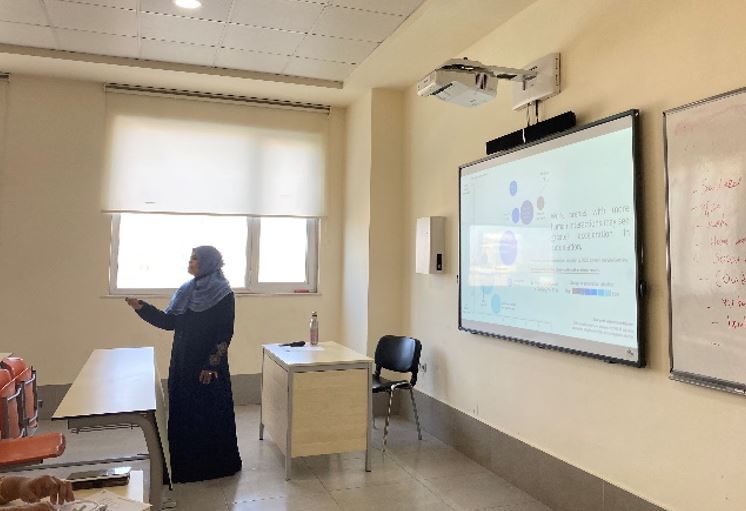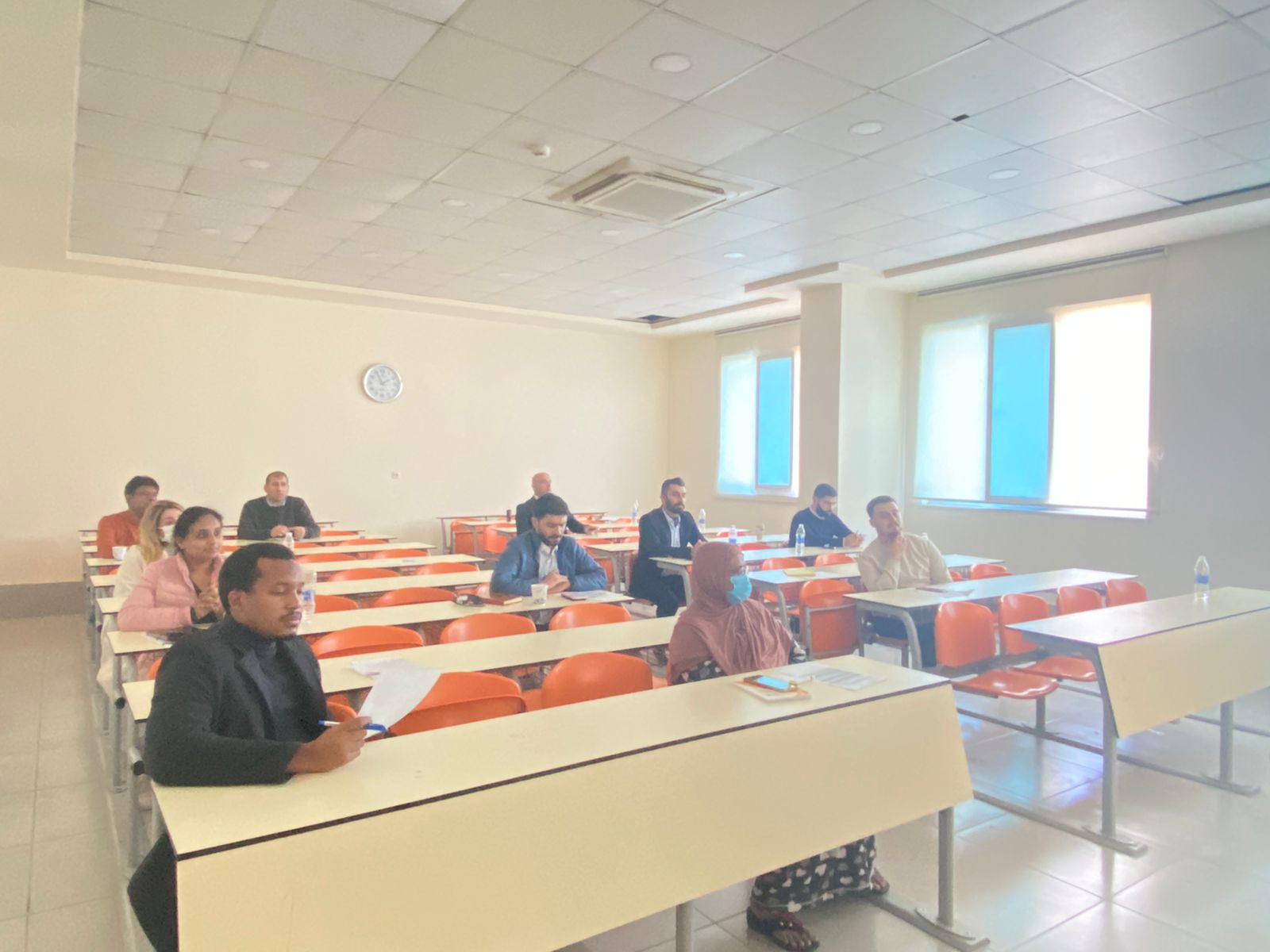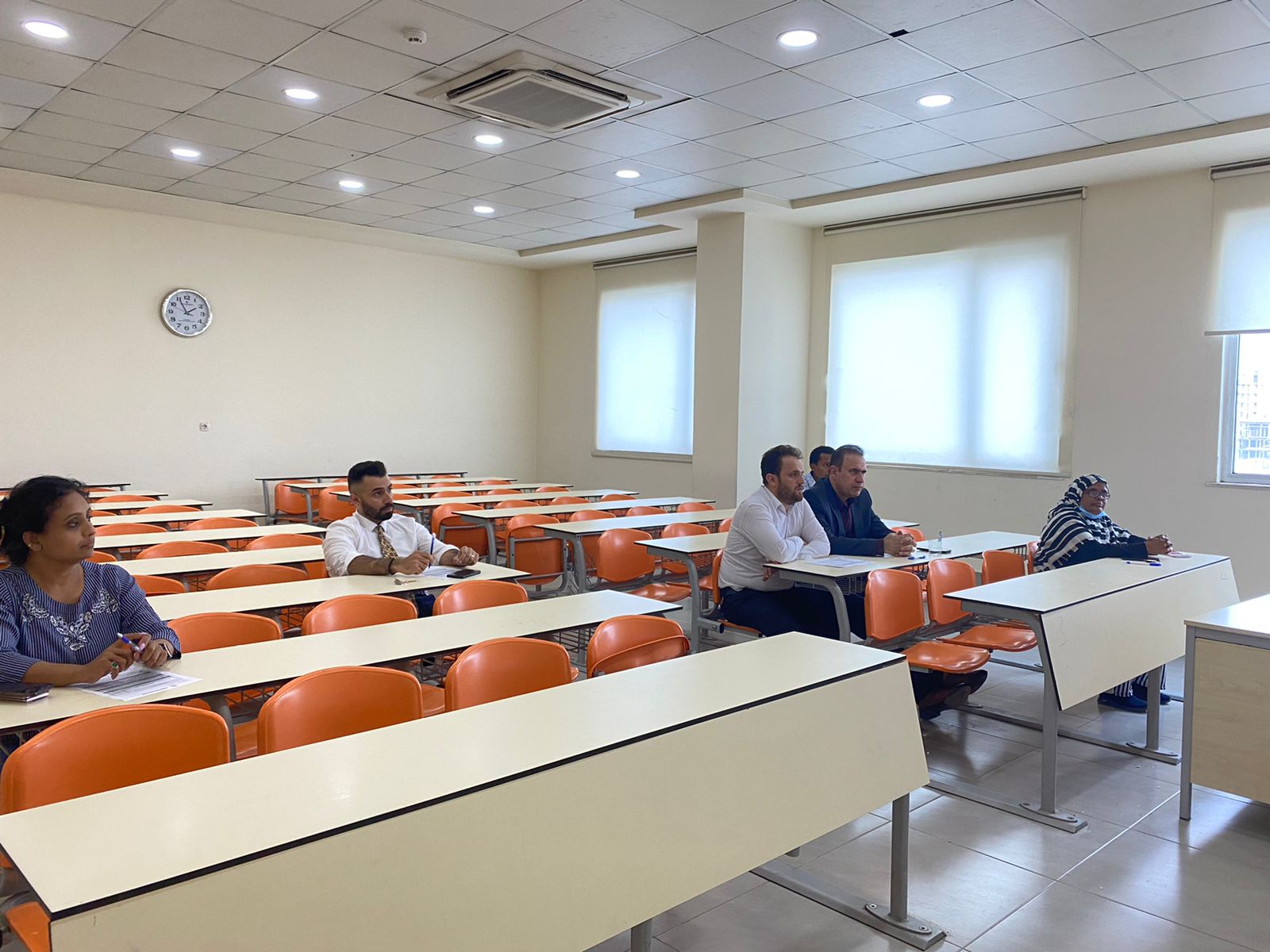Reskilling Revolution – The Future of Jobs
The Business and Management Department, Faculty of Administrative Sciences and Economics at Tishk International University, organized an internal seminar entitled Reskilling Revolution – The Future of Jobs, presented by Dr. Sultana Begum, Lecturer of Human Resource Management at the Department of Business and Management.
In this seminar, Dr. Sultana Begum explained how the World Economic Forum estimates that by 2025, around 85 million jobs may be displaced by a shift in the division of labour between humans and machines. Around 97 million jobs may emerge that are more adapted to the new division of labour between humans, machines and algorithms. According to one recent World Economic Forum survey, 19% of the employee’s skills will be irrelevant in three years. The survey results show that 39% of employees agree that today’s skills are evolving, and 34% have learned a new skill in the past three years.
Education and training systems must keep in line with the new demand of labour markets continually challenged by technological disruptions, demographic change, shifting business models and evolving nature of work. It is estimated that, on average, 42% of the skills demand for jobs across all industries will change between 2018 and 2022. The concepts of reskilling and upskilling have wide-ranging definitions. They encompass the development of fundamental skills such as basic digital literacy, employability skills that boost people’s chances of getting a job, as well as business-specific or technology-specific skills that could help develop expertise in a particular field. According to a report published by Accenture, the cost of inaction or failure to meet the skill demands of the new workplace can be as high as $ 11.5 trillion in potential GDP growth in G20 countries over ten years, according to one estimate.
The seminar focused on the necessity of reskilling, explored the jobs of the future, and urged educational institutions to address this challenge by training future talents and coping with the reskilling revolution.
The Faculty of Administrative Sciences and Economics initially launched with the Department of Business and Management amid the establishment of Tishk International University in 2008. Three additional departments were formed in 2014-2015: Accounting Department, Banking and Finance Department, and the International Relations and Diplomacy Department.
Currently, our faculty is ranked as the most demanded faculty of the university, comprising the highest number of students. This is highly accredited to how efficiently our students are equipped with the highest standards of knowledge and soft and hard skills required to fill the market gap and prepare the best graduates, an essential element for national development and prosperity.












